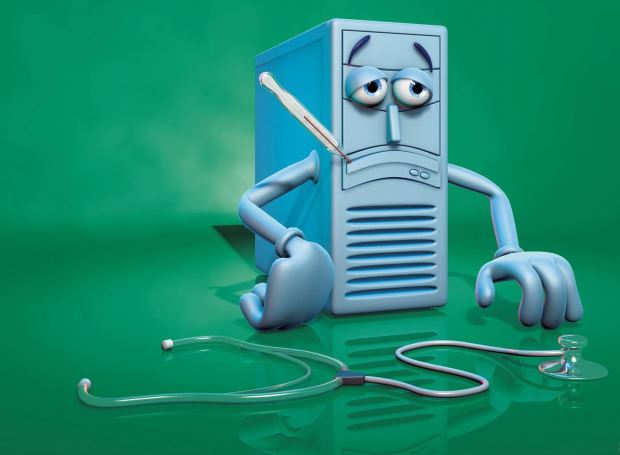People have created a wide variety of computer viruses and use them for a number of reasons. Below are some of the most well known viruses, along with an explanation of them and an indication of how they serve their creators.
1. Worm
The main purpose of this piece of malware is to duplicate malicious code by any means necessary, which often results in a worm spreading itself over a local network or via email. Some types of worm are only intended to spread themselves without making alterations to the computers they pass through, or to make minimal nuisance such as network slowdown. However, they can also be used to give criminals access to private data or the ability to control an infected workstation.
2. Trojan Horse
The Trojan Horse shares its name and function with its mythical counterpart because it attempts hides a small malicious application inside a seemingly innocent and useful piece of software. Once the host software is installed on the computer, the hidden application is activated and can allow its creator to hijack the computer. However, it is often more profitable for the criminal to allow the software to stay hidden and secretly transmit data back to its source over an extended period of time. By recording each key the user presses (a.k.a. keystroke logging) and being able to view their screen, the hacker is able to discover a user’s passwords and access secure information such as bank details or restricted folders.
3. Rootkit virus
A Rootkit virus intends to take complete control of the computer’s operating system by setting itself up as the sole admin account for the computer (a ‘root user’ is the Linux equivalent of a Windows administrator, which is where the virus’s name originates from). Moreover, when a Rootkit virus is installed it is very difficult to remove as it masquerades as important system files, allowing hackers to install further malicious software undetected.
4. Polymorphic virus
Like a worm virus, the Polymorphic virus attempts to duplicate itself. However, unlike a worm, each copy the Polymorphic virus makes of itself is slightly modified from each other copy. Polymorphic viruses are beneficial to hackers as they are extremely hard for anti-virus software to identify and remove.
5. Time/Logic Bombs
Time/Logic Bombs lie dormant in a computer until a certain time or event occurs that activates them. Criminals can use these viruses to attack computers on specific days (Such as April Fool’s, Friday 13th or Halloween) or to trigger an action when a specific event occurs (for example, an employee is struck off a company’s payroll).
6. Macro virus
A Macro virus infects another piece of software that is programmed with macro language, which includes the widespread Microsoft Office applications. Hackers favour Macro viruses because they are easy to trick users into installing: simply opening a word attachment from an email is enough to infect the computer.
7. Adware/Spyware
Adware and spyware, while less malicious than the above viruses, are still a nuisance for users to deal with. Adware bombards users with adverts for products and services, while spyware collects a user’s browsing habits and personal information before broadcasting it back to its creator. Any information obtained via these methods can be sold by the hacker to third parties.
All of these viruses can wreak havoc on your computer and have the potential to expose you to serious issues such as identity theft. In order to protect yourself it is essential that you install good antivirus software and keep it updated.

